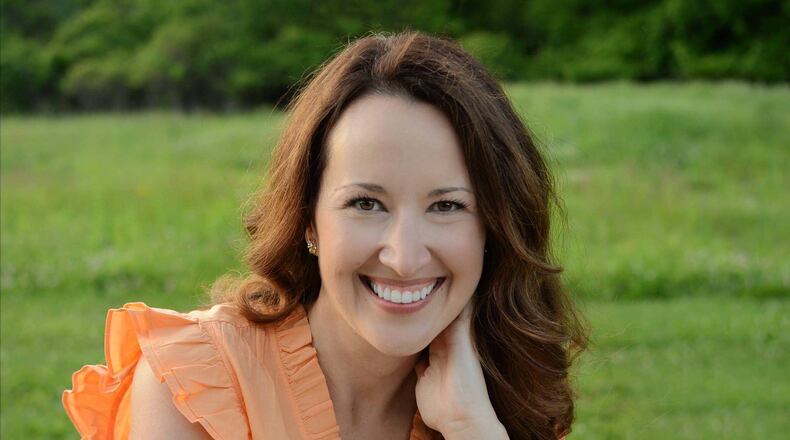With that in mind, I’ve devised a plan to sneak literacy-rich knowledge building into our summer plans, taking advantage of local resources in the Dayton area.
A 5th grade field trip to DOD’s StarBase sparked my older daughter’s interest in space. I decided to capitalize on this by collecting a number of picture books about space exploration from the Dayton Metro Library. These books deepened her interest and raised her sister’s curiosity. Some favorite titles included Starry Messenger: Galileo Galilei by Peter Sis and Moonshot by Brian Floca.
As kids learn more about a topic, they build vocabulary and background knowledge that allow them to read even harder books. My plan includes taking advantage of the library to request longer non-fiction books like Who Was Galileo? by Patricia Demuth and the Hidden Figures Young Readers’ Edition by Margot Lee Shetterly. Additionally, middle school readers like my daughter often enjoy applying this background knowledge to historical fiction chapter books related to space exploration such as We Dream of Space by Erin Entrada Kelly.
We can connect and expand this reading to real-life experiences by playing tourist in our own community and visiting local sites. The Boonshoft Museum of Discovery has a planetarium as well as an astronomy collection that includes a replica of Galielleo’s telescope, one of only four in the world modeled from the original. Check out the Boonshoft website at boonshoft.org for information about discounted tickets or free admission days.
The National Museum of the Air Force is always free and includes a space exhibit in which visitors can walk onto a full-size representation of a NASA space shuttle. A visit to either of these places could also be used to launch kids into reading about space. If we really wanted to expand our reach, we could take short road trips to the Neil Armstrong or John Glenn museums.
Reading books and experiencing activities about that topic helps kids develop and deepen their background knowledge and vocabulary, two essential elements for becoming strong readers. If you have trips planned this summer, think about books you can bring along and educational stops you can make along the way. If you’re staying closer to home, take advantage of all our area has to offer. Your kids will think it’s fun, and their teachers will thank you when they come back to school in the fall ready to learn and having avoided the summer slide.
Sarah Webb is the Director of ELA for Great Minds. She previously taught in Mad River Local Schools and lives with her family in Kettering.
About the Author
